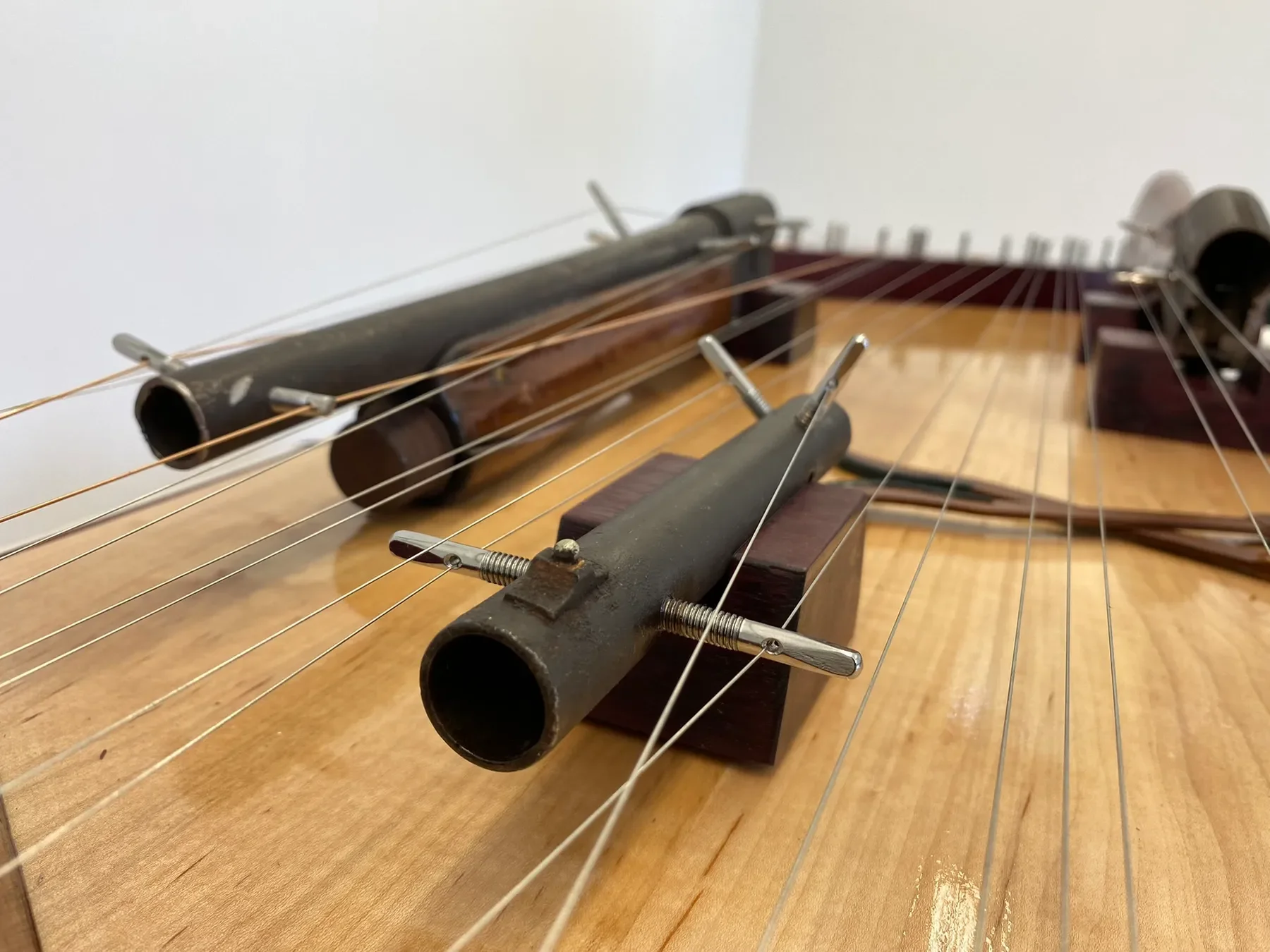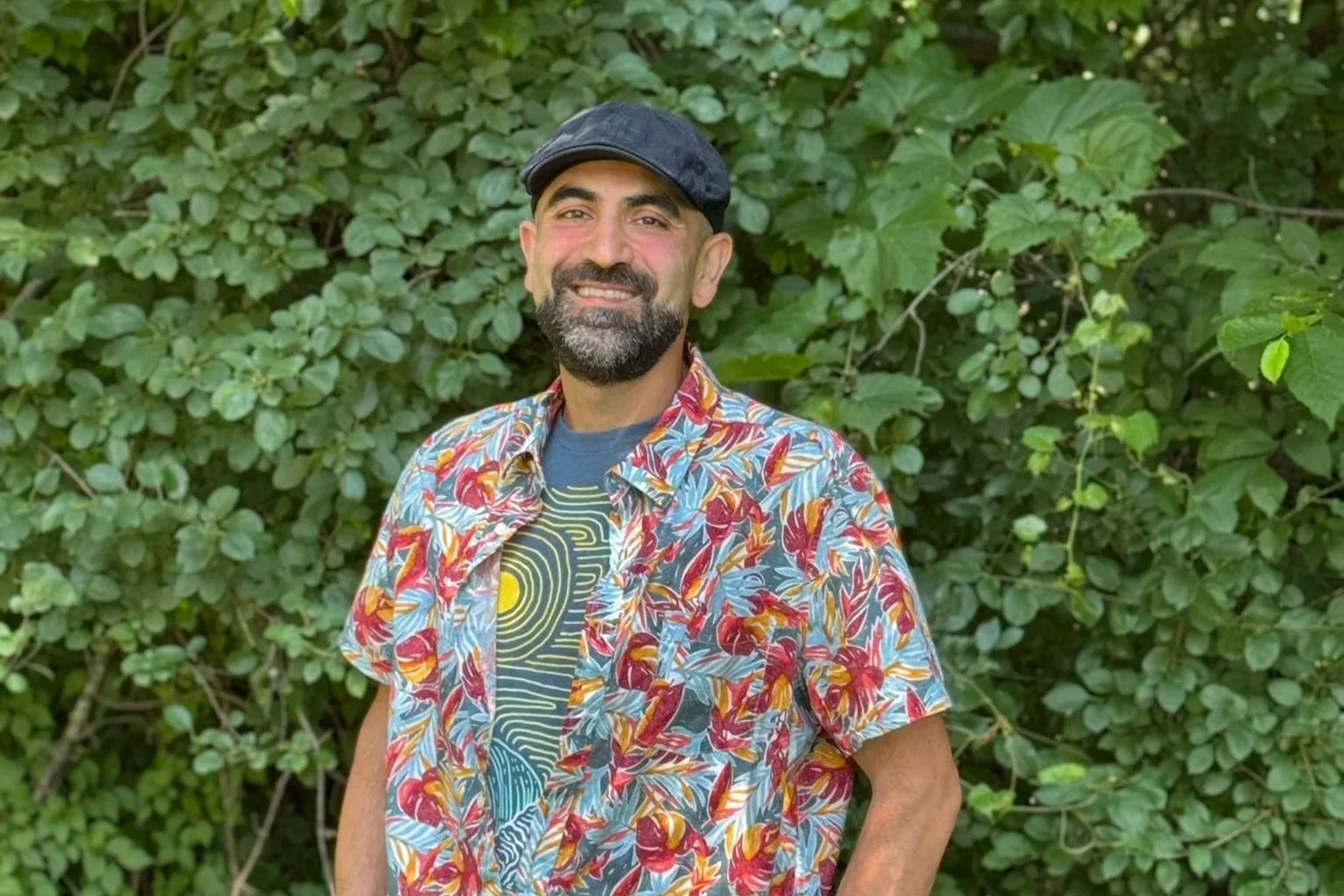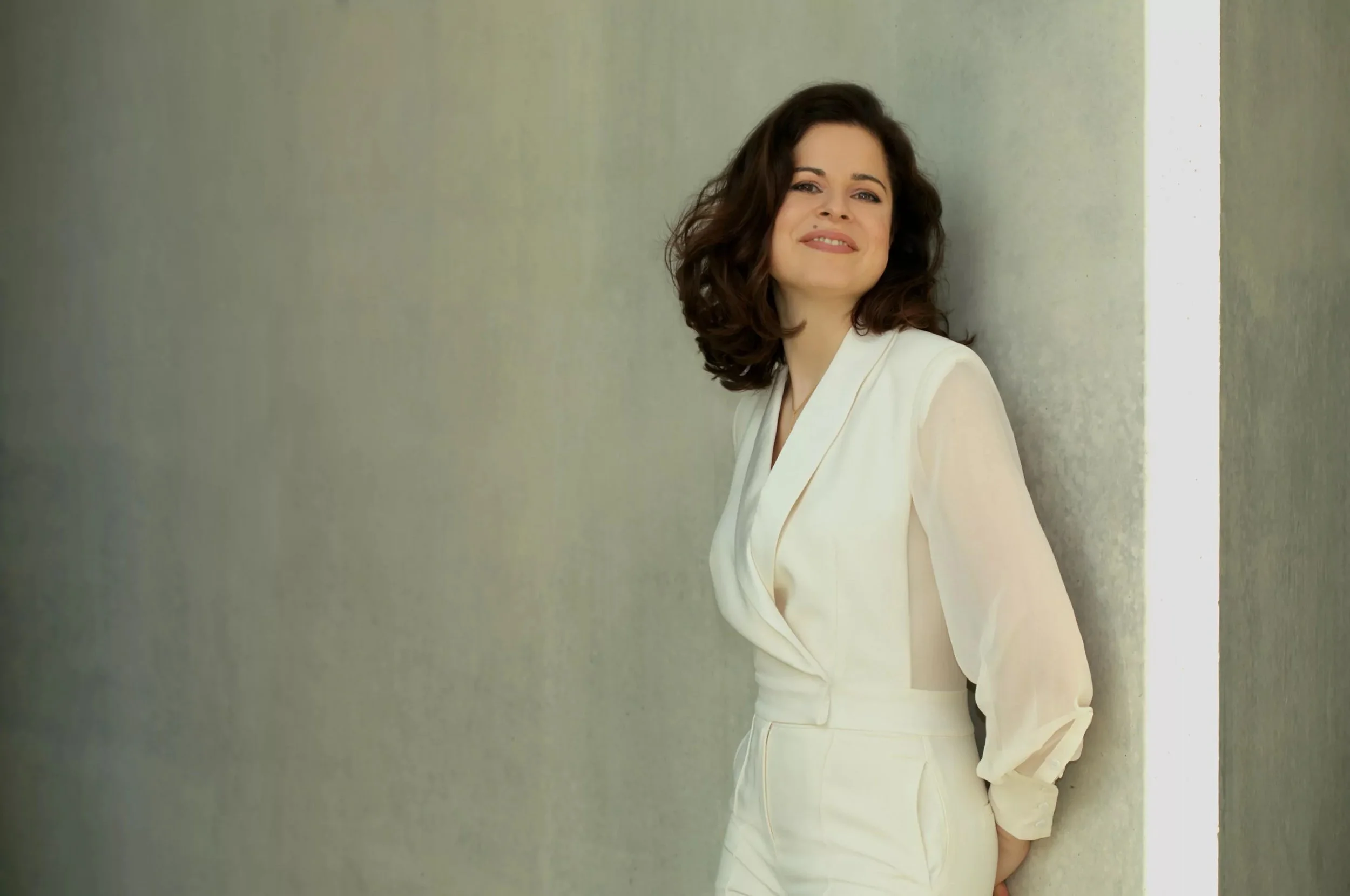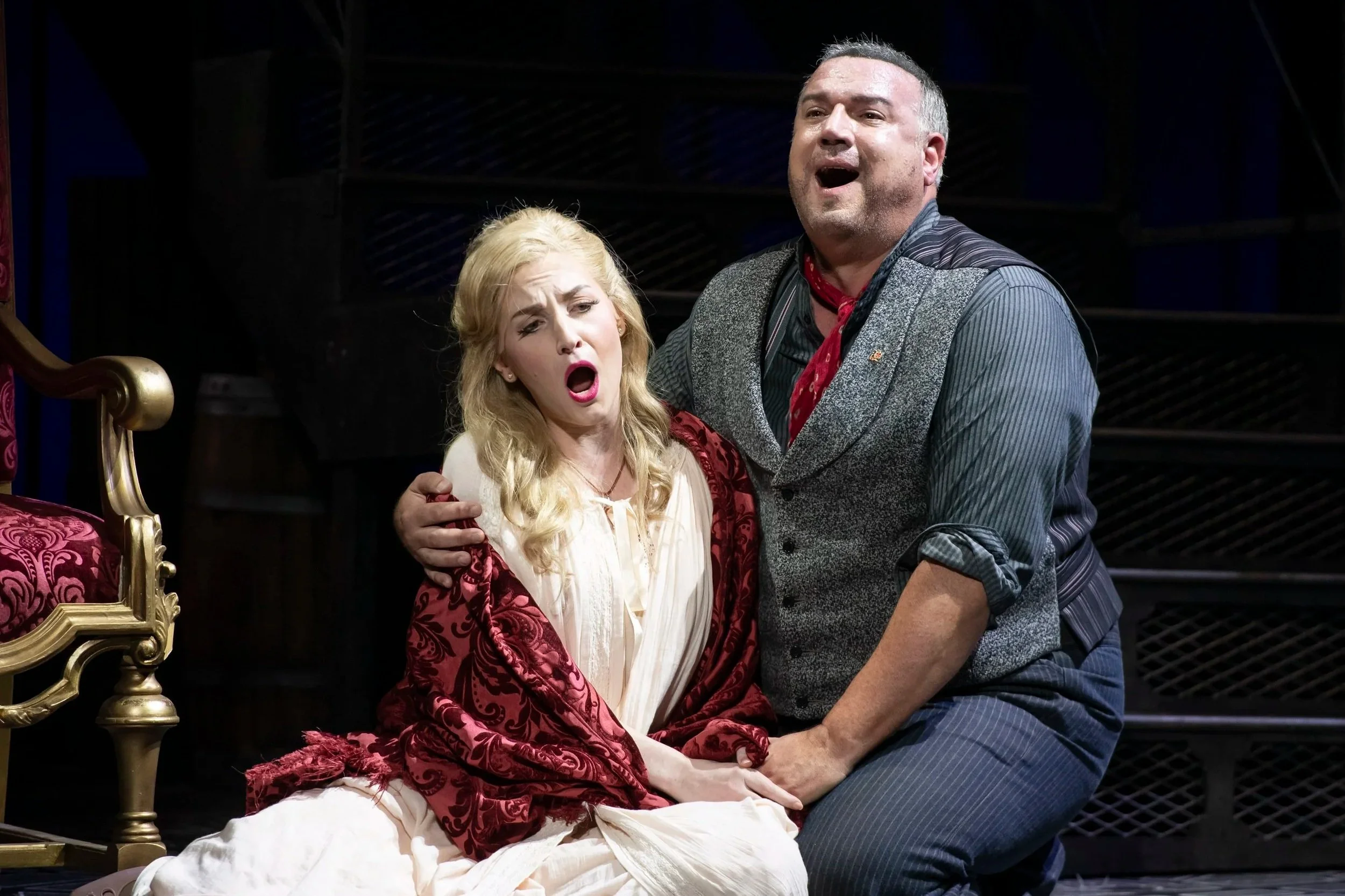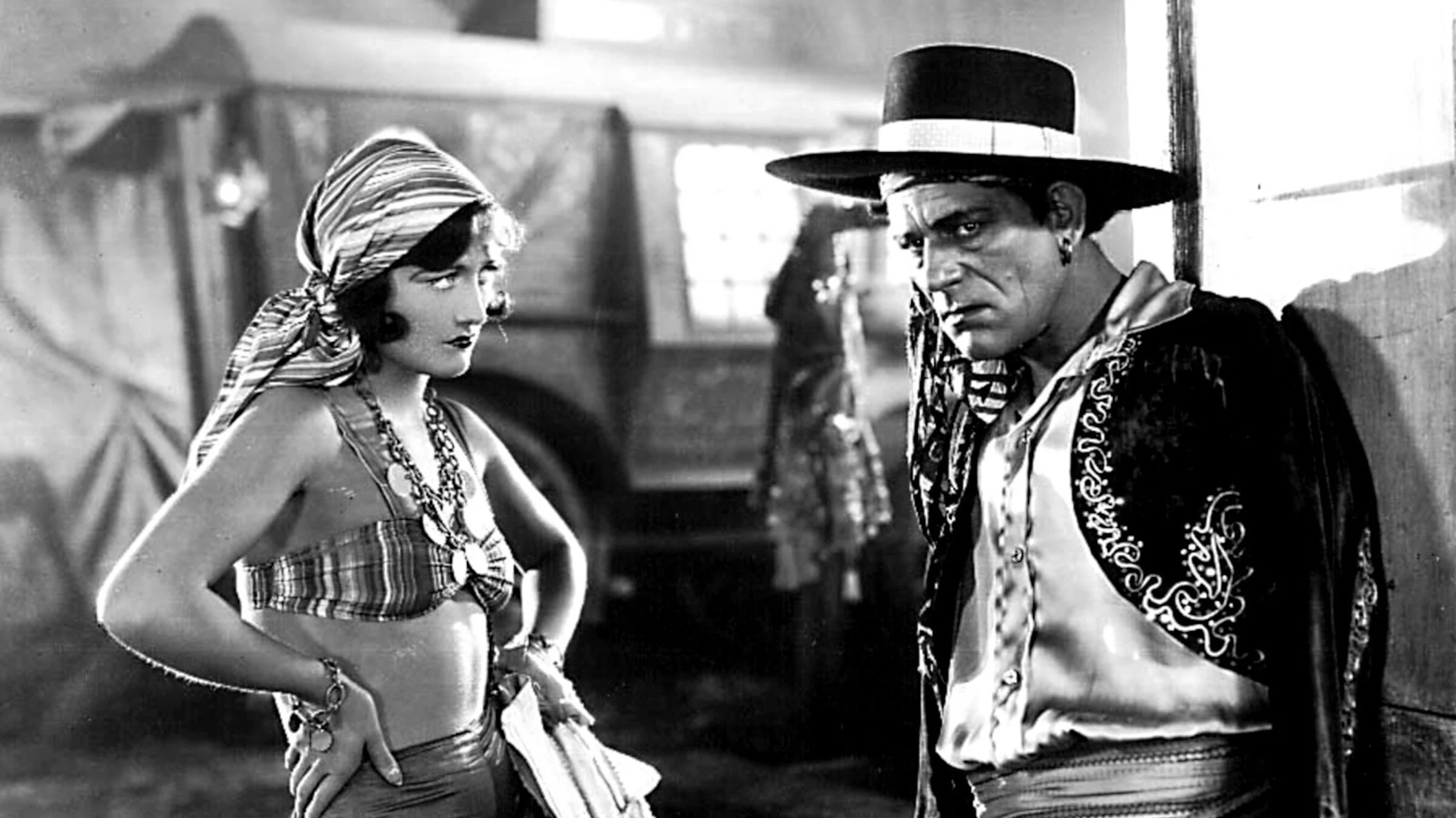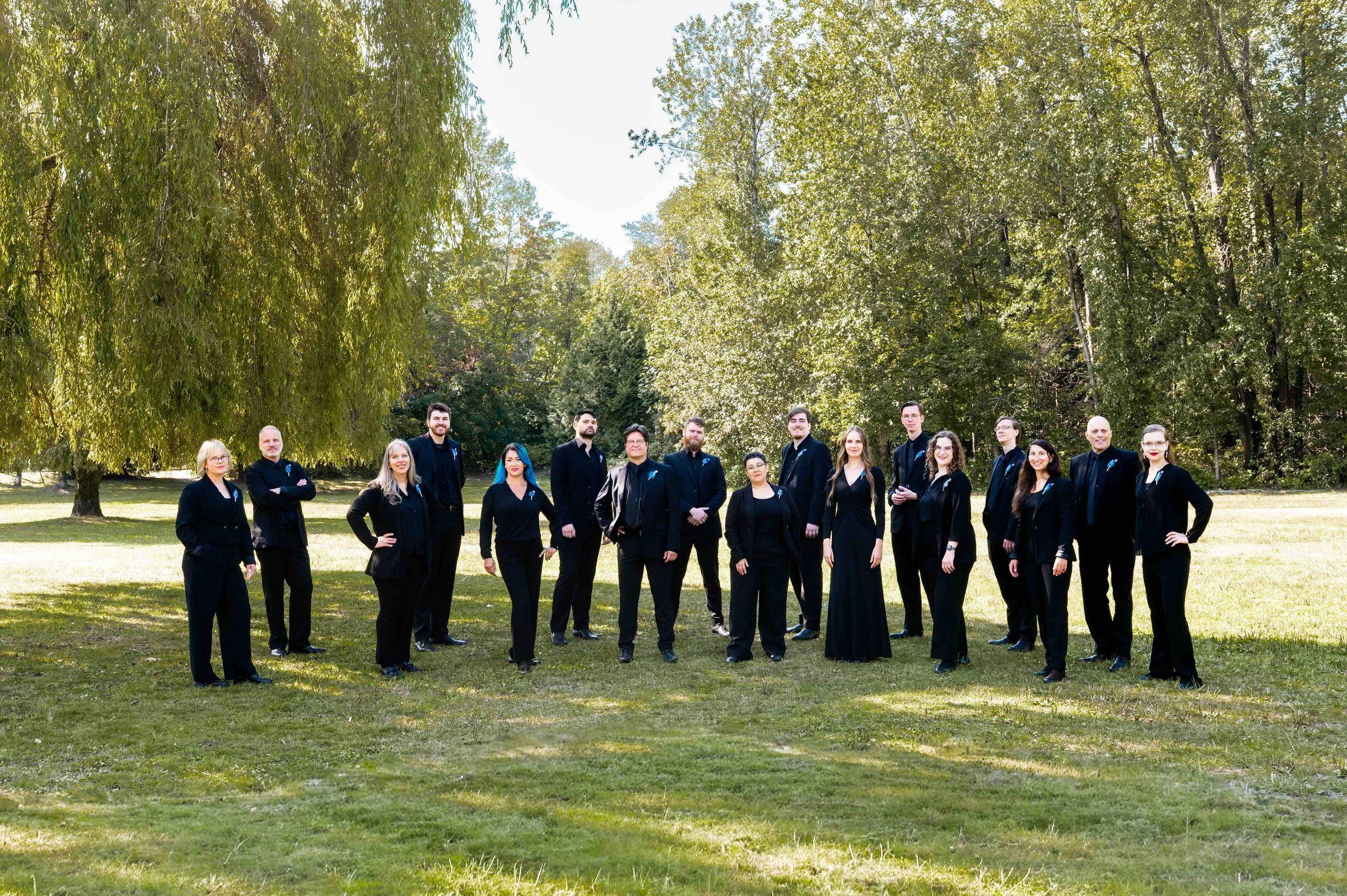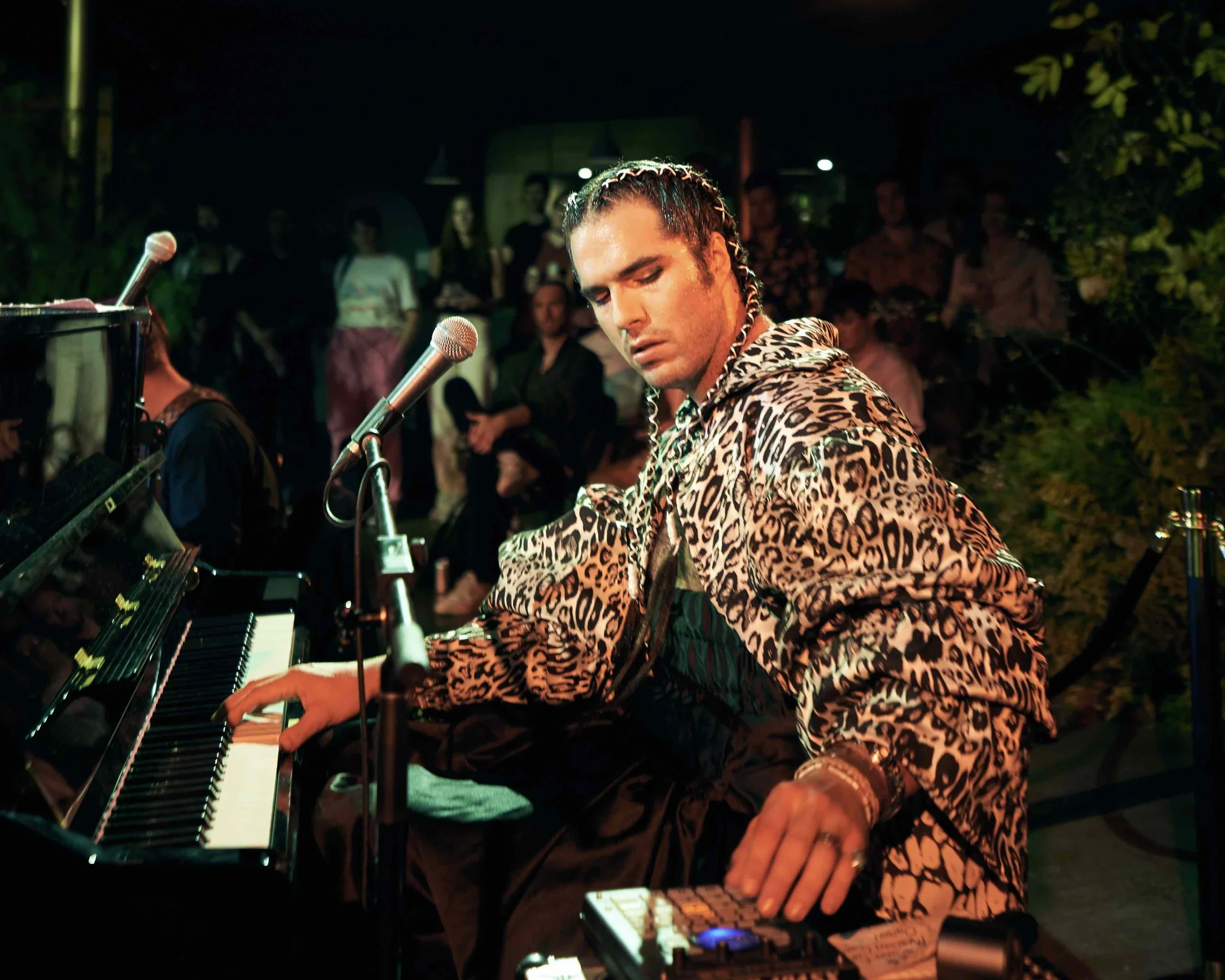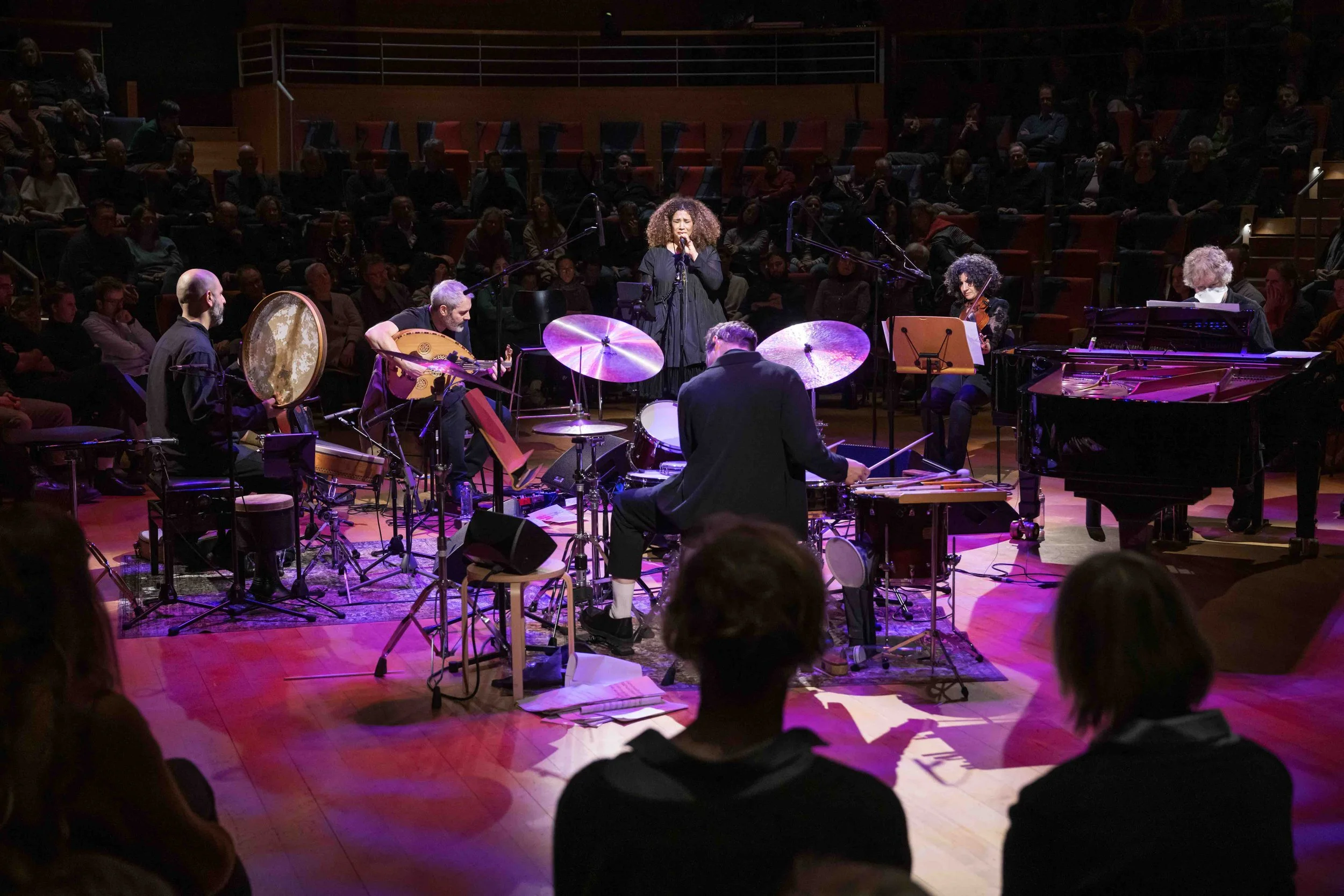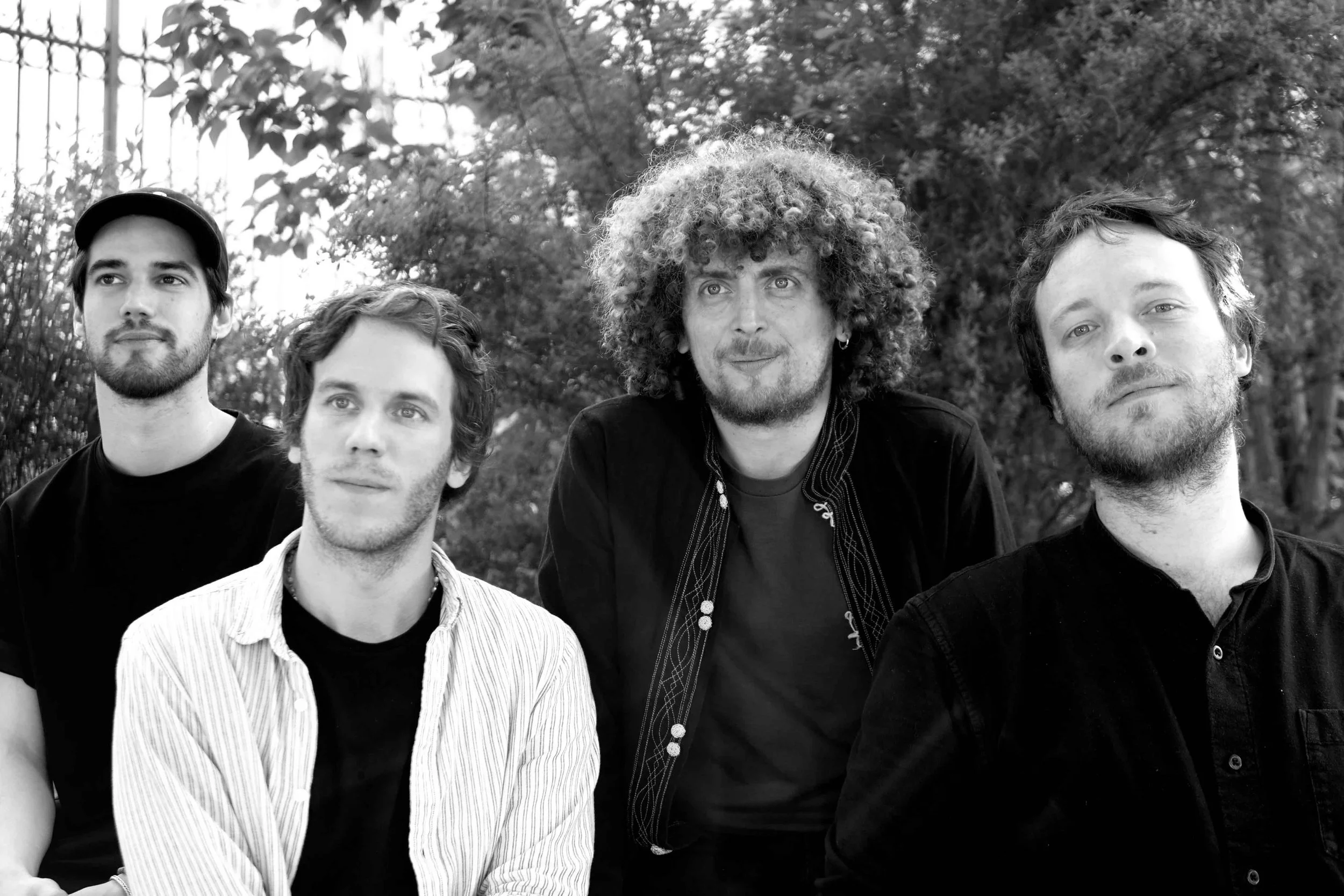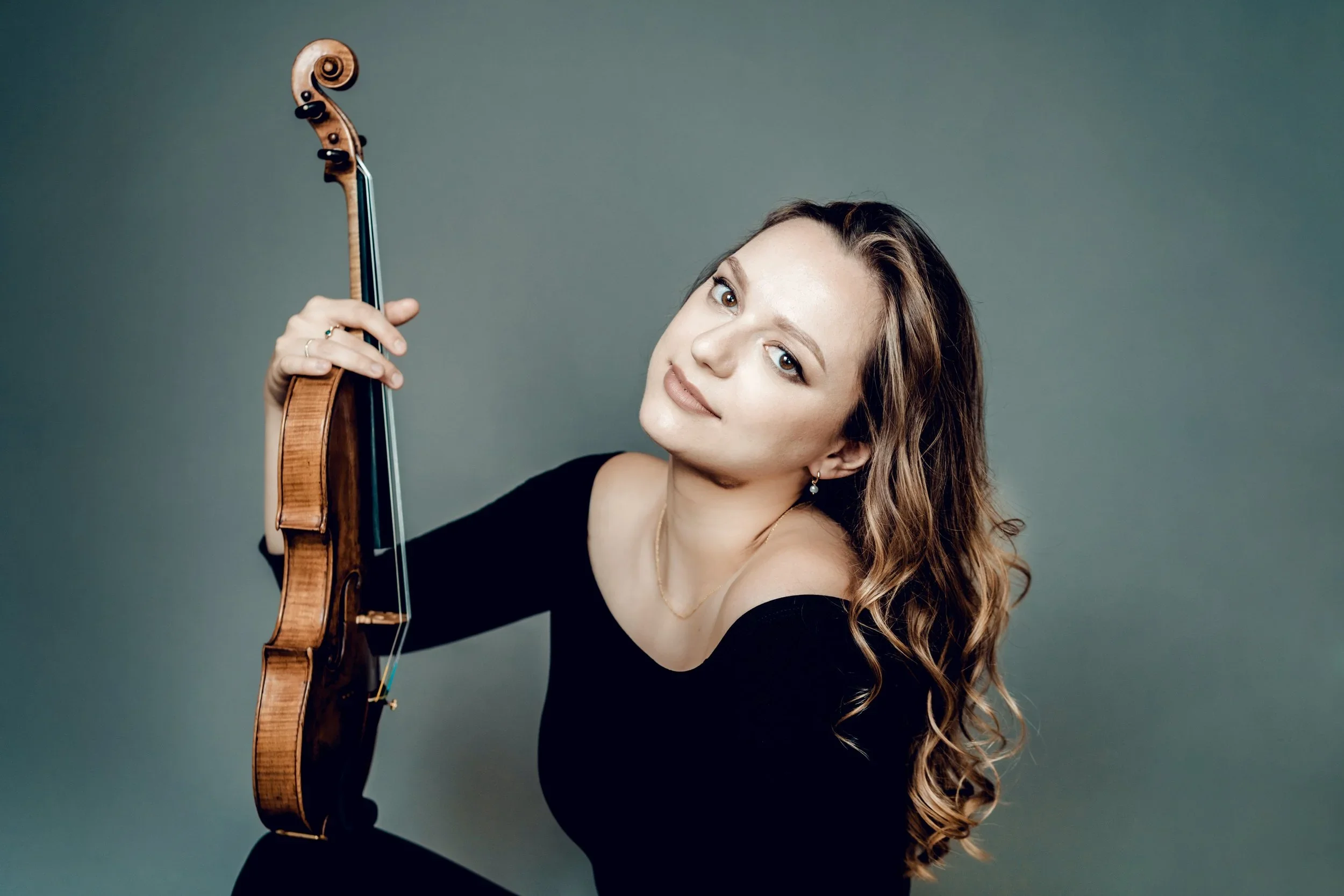Gun barrels become instruments of life in Modulus Festival’s Resonant Transmutations
Responding to childhood memories of war, Kurdish-American artist Pedram Baldari forges dulcimers and woodwinds from decommissioned firearms
Resonant Transmutations.
Music on Main’s Modulus Festival presents Resonant Transmutations at the Roundhouse Community Arts and Recreation Centre on November 8
WAY BACK IN 1927, Mao Zedong told his comrades in the Chinese Communist Party that “political power grows out of the barrel of a gun.” Subsequent events proved him right, for better or for worse. (The jury’s still out on that.) But now, almost a century later, Pedram Baldari is forging a new take on that idea. Peace can also grow from that unlikely soil, he argues, and Resonant Transmutations—at the Roundhouse on November 8, as part of Music on Main’s Modulus Festival—offers physical evidence for his thesis.
A collaboration between the Kurdish-American artist and architect and the composer Matthew Rahaim, the work is part installation, part concert, and part therapy, drawing on Baldari’s childhood memories of finding useful beauty in the detritus of war.
“I grew up in Kurdistan, in eastern Kurdistan,” he reports, name-checking the Middle Eastern territory that has long been a locus for conflict. “And I grew up through a time of major Kurdish ethnic cleansing by various states: Turkey, Iran, and Iraq, at the time. Through the Anfal genocide; through the Iranian military occupation of Kurdistan. One of the things that I always faced was understanding myself through this kind of economy of violence that was taking place around me, and having to ask the question, basically, ‘What is my future life?’
“At the same time, we were kids,” he continues. “You never stop being a kid, as a kid, and in these war zones we would find remnants of destroyed firearms and artillery shells and bullet shells and things of that nature, and we would collect them and turn them into other things. For example, pen holders and whistles and pots. I know a family where the father turned one of these unexploded bombs into a little furnace, like a wood-fired furnace for their house, and they cooked on it. They made food on something that was intended to kill them.”
Fast-forward a few years, and Baldari found himself in the relatively safe haven of Minneapolis, Minnesota. But even in this most Canadian of American cities, gun violence was enough of an issue that citizens’ groups and the police banded together to organize a gun buy-back program—a very successful gun buy-back program, it turned out. “The police basically decommissioned them: cut them with a chop saw into many pieces, completely destroying these things,” the artist says. “And then one day I saw this pile of destroyed firearms. It immediately took me back all the way to those memories [of Kurdistan], and I really felt that I needed to do something with them.
“How could they go through a process of metamorphosis?” he asked himself. “And what does it mean, the idea of moving forward as a society that has experienced some tragedy—the possibility of not just gaining some kind of freedom, but also healing from those tragedies? To turn those heartbreaking elements into hope requires major, significant creative conduct: virtue, you could say. A virtue that places creativity and hope at its centre.”
Energized by these philosophical concerns as well as by the brute materiality of the scrapped firearms, Baldari recognized art—and collective music-making, in particular—as a way forward. “I started researching the acoustics of woodwind instruments,” he explains. “I was very interested in the breath of human beings; as long as you breathe, you’re alive. We utilize that exhale-and-inhale process with woodwind instruments, and also we have it in a lot of mythology. God breathes into the clay, and that kind of made Adam. Air is this medium of life, but also we exhale and we make words through that kind of process, and those words could wound someone, could hurt someone, or they could become poetry, become musical notes. That’s a beautiful kind of metaphor to use in thinking about this project.”
Pedram Baldari.
To date, Baldari has made seven instruments from scrapped rifles: six clarinet-like woodwinds, and a stringed percussion device inspired by the hammered dulcimers found across the Middle East. “You can play it as a stringed instrument: you can bow it, you can play it with your fingers,” he says. ”But also you can command it like a percussion instrument, where you hit the strings and they make sounds. It has various different types of tonality, meaning that the sounds that come out of it are not homogenized.”
Baldari adds that he’s named this device the Jiwan, after the Kurdish word for “life”. “And in the Kurdish way of creating words, ‘jiwan’ is something like ‘bringer of life’, or ‘facilitator of life’,” he adds. So the instrument itself is a metaphor: having begun life as a number of objects designed to facilitate death, it is now an instrument of beauty, even optimism. The idea of music creating or protecting life is also implicit in Rahaim’s episodic score, which is inspired by the legend of Orpheus, who travelled to the underworld and back, sustained by the power of song.
It’s true, however, that Baldari’s creations still carry something of their original purpose. “They impose themselves onto the person who is playing them,” he says. “They’re heavy. They’re hard. They’re weird. In the first few sessions of the rehearsals, the musicians could not get over the fact that they are guns, and one of them, Dameun [Strange], was like, ’As a Black man in America carrying these in my bag… if the police stop me, what am I supposed to say?’ But slowly they befriended them, and now it’s way more natural. That was fascinating for me. In the beginning they met, and it was so strange for them. Just discovering what was possible took some time—but now I think they feel at ease.” ![]()


